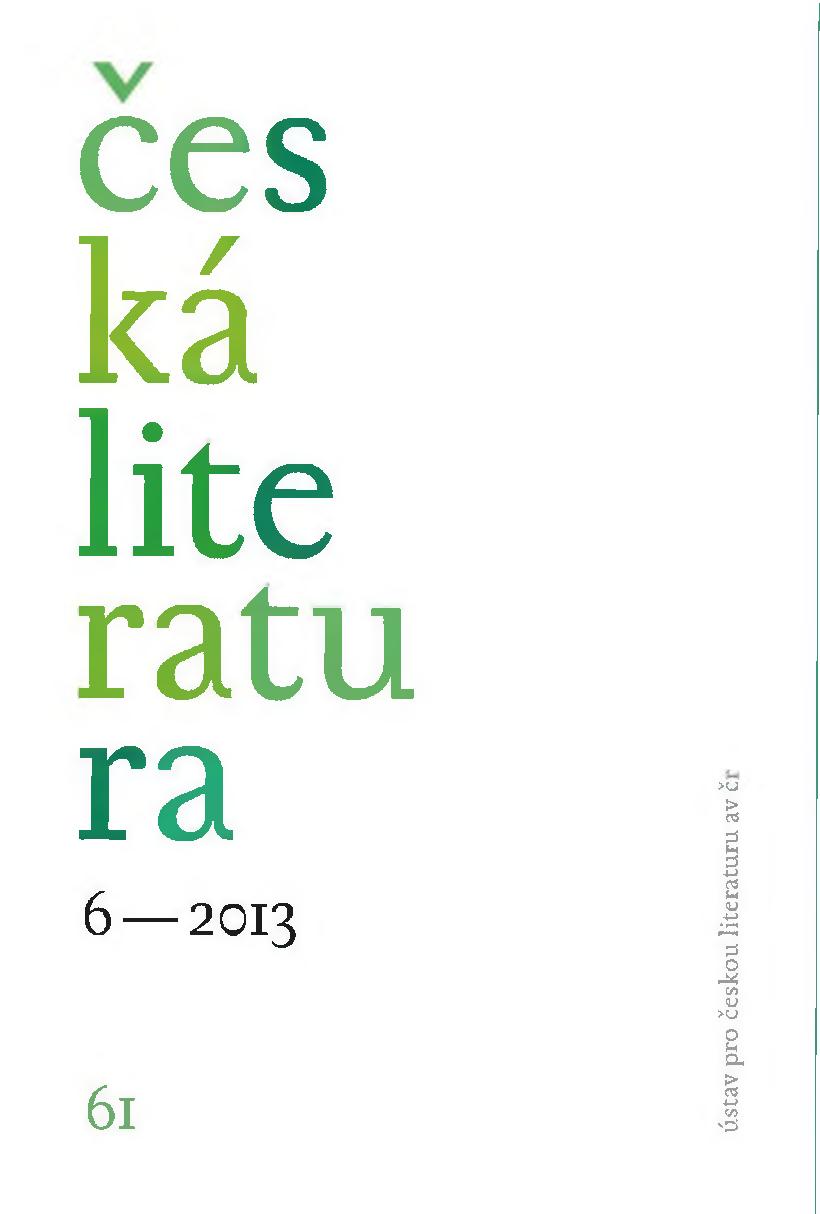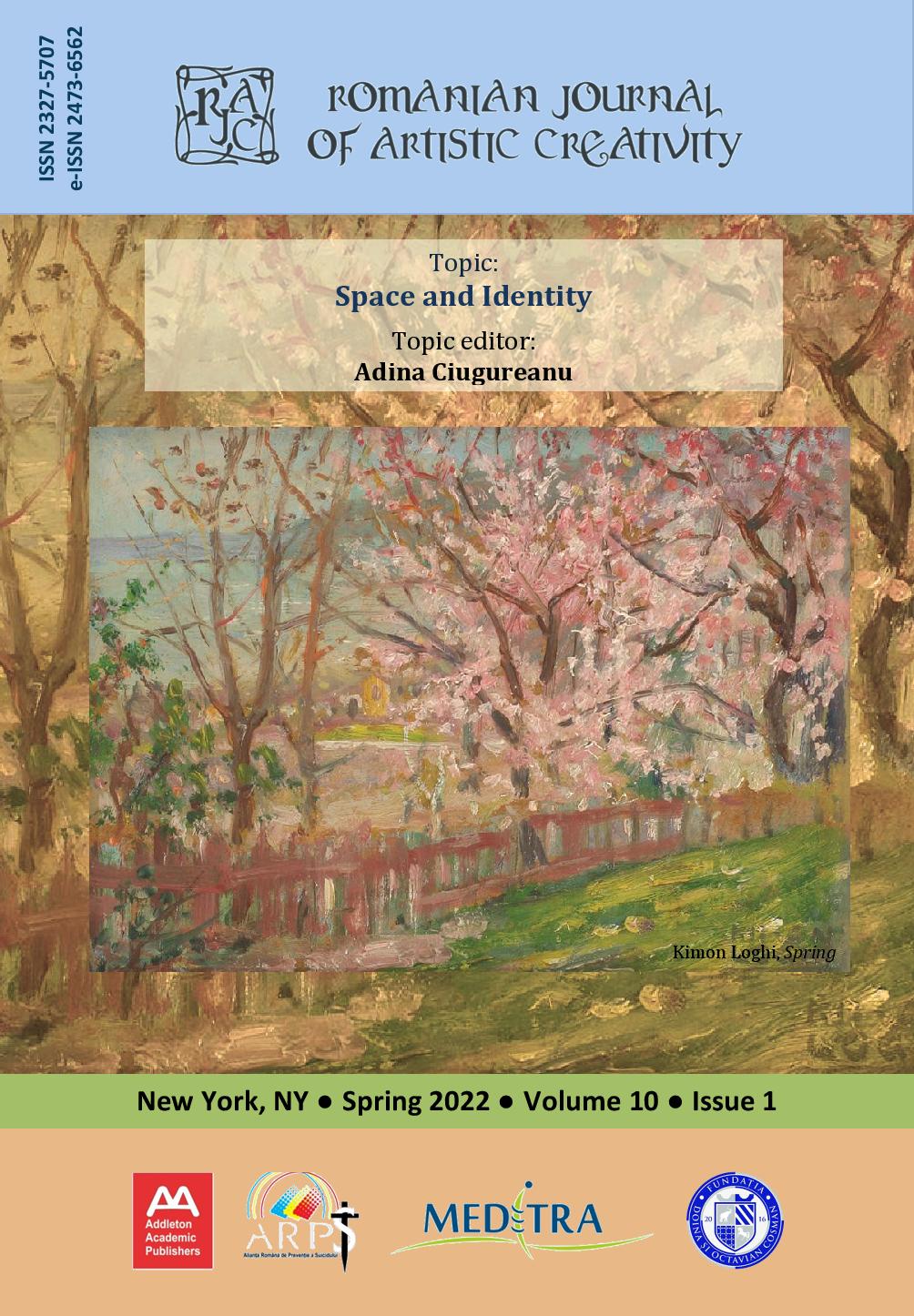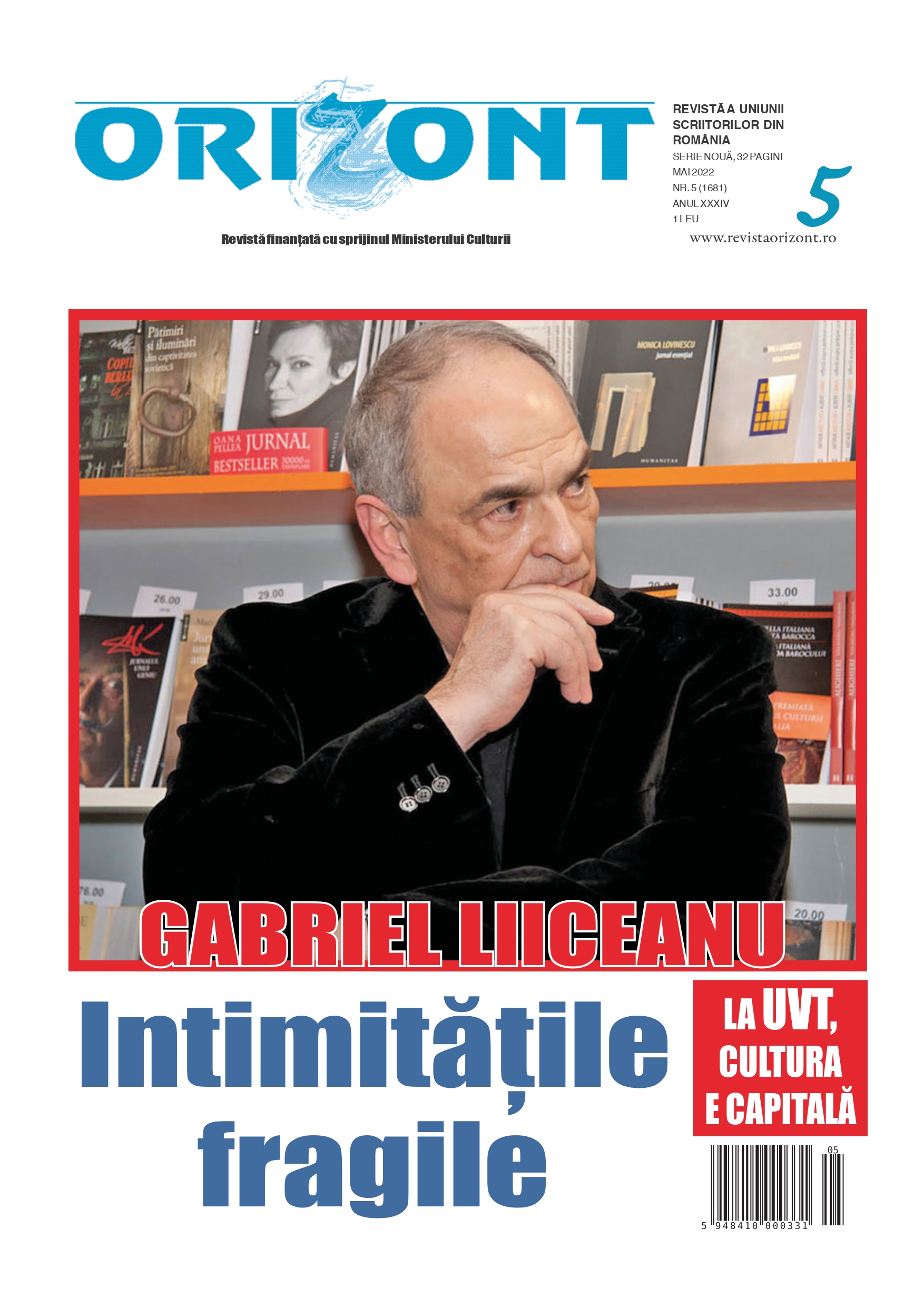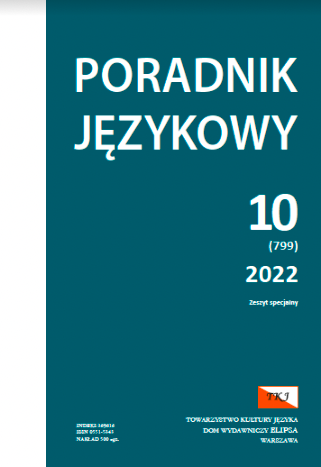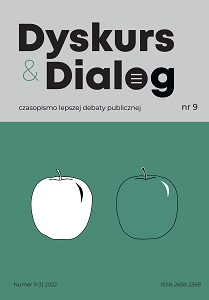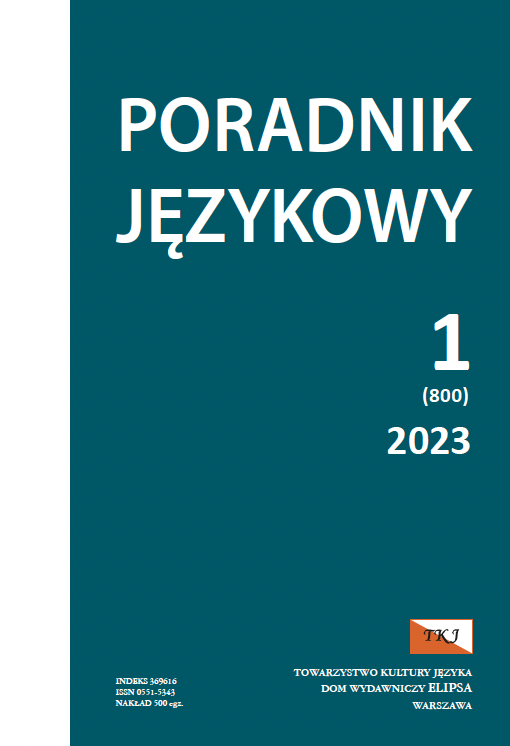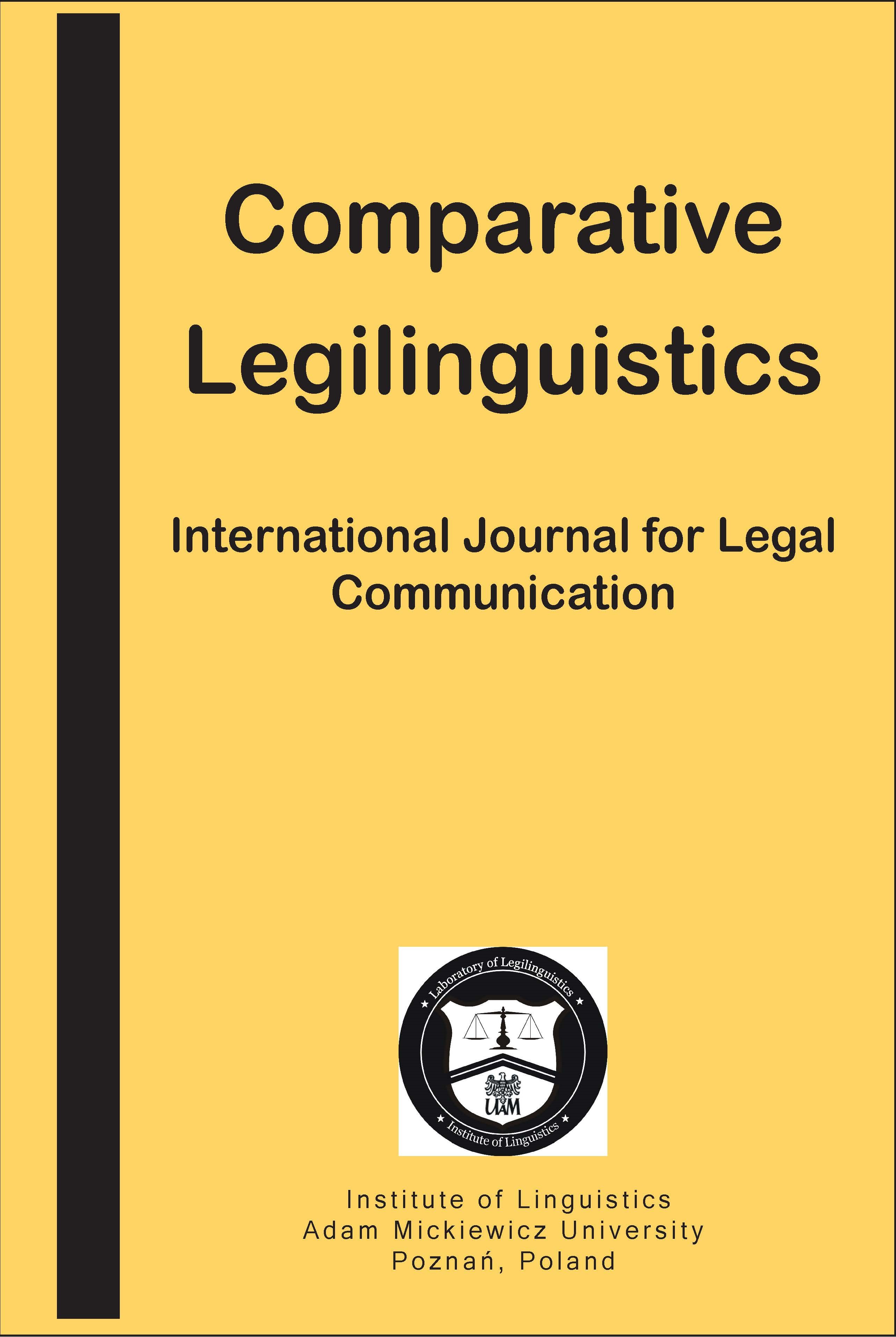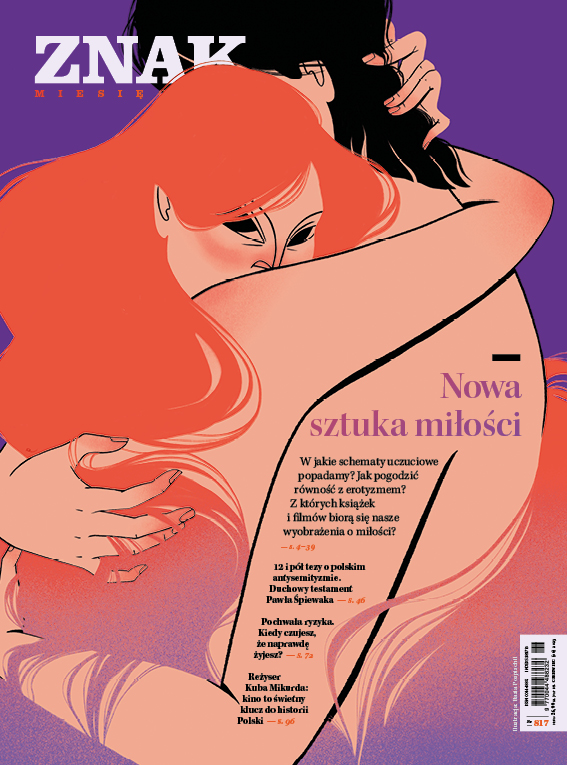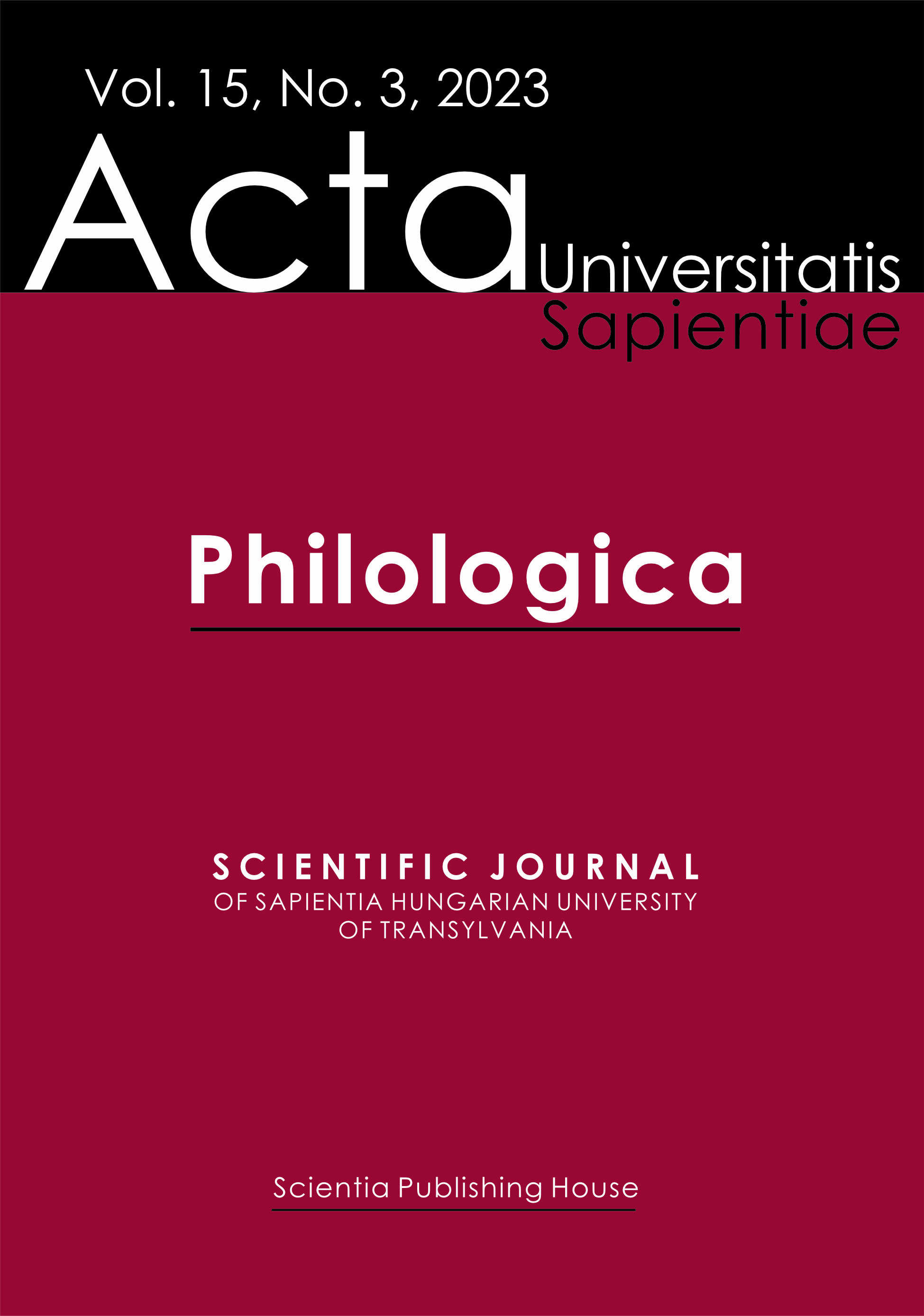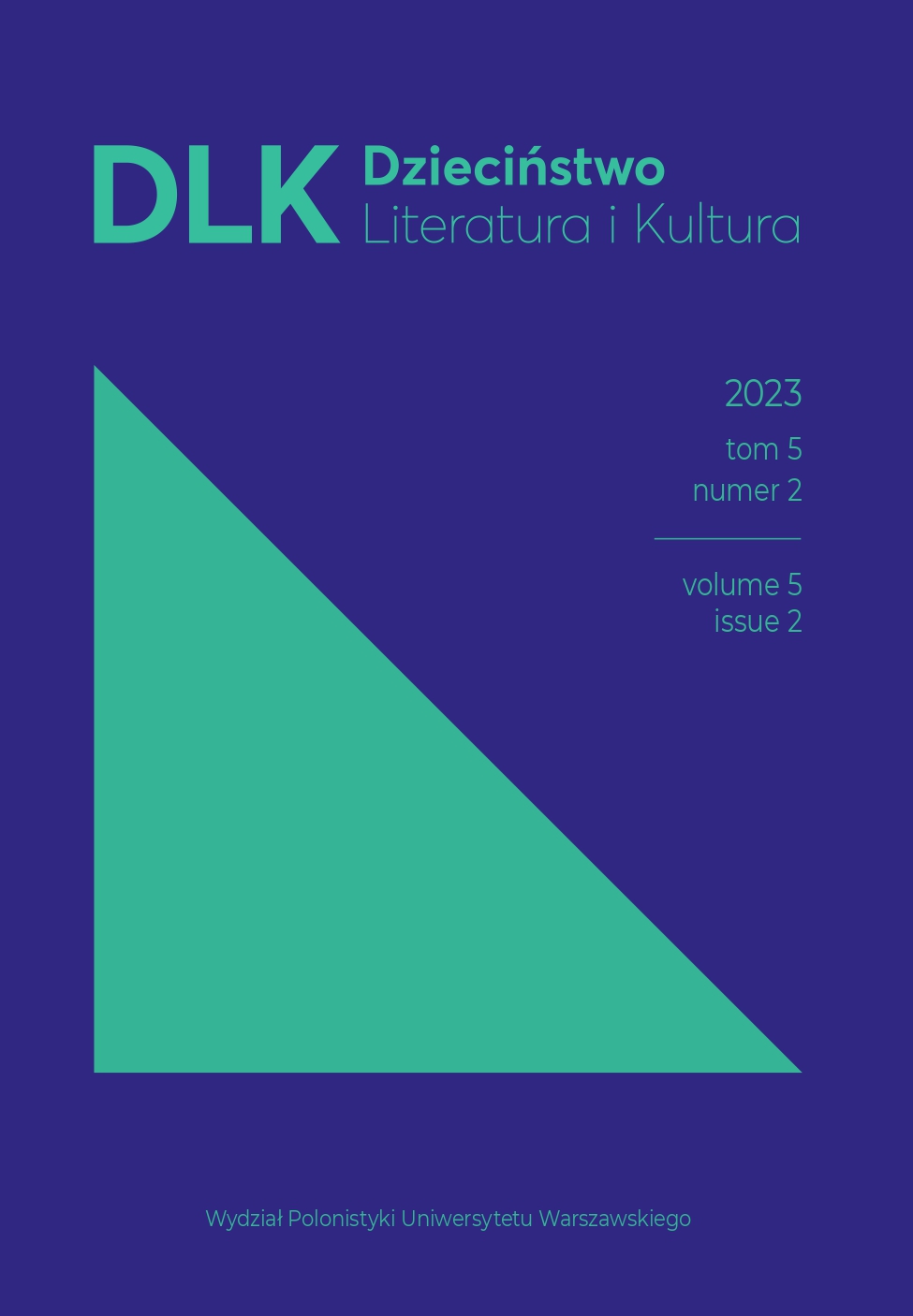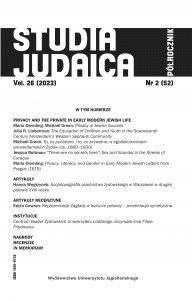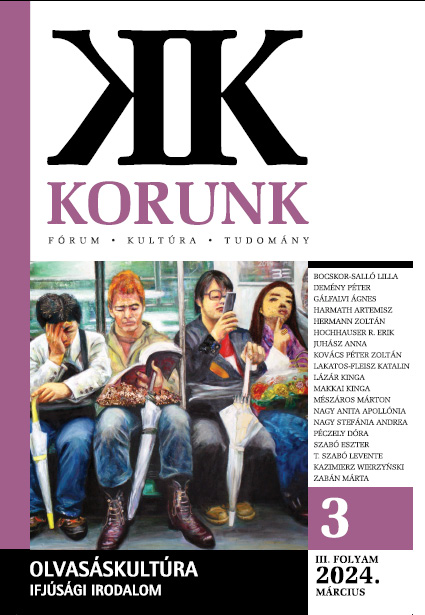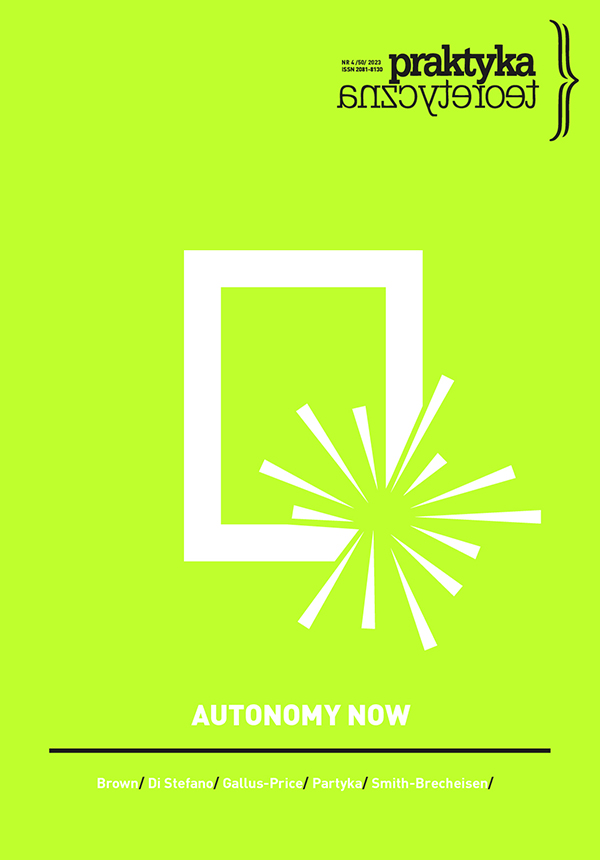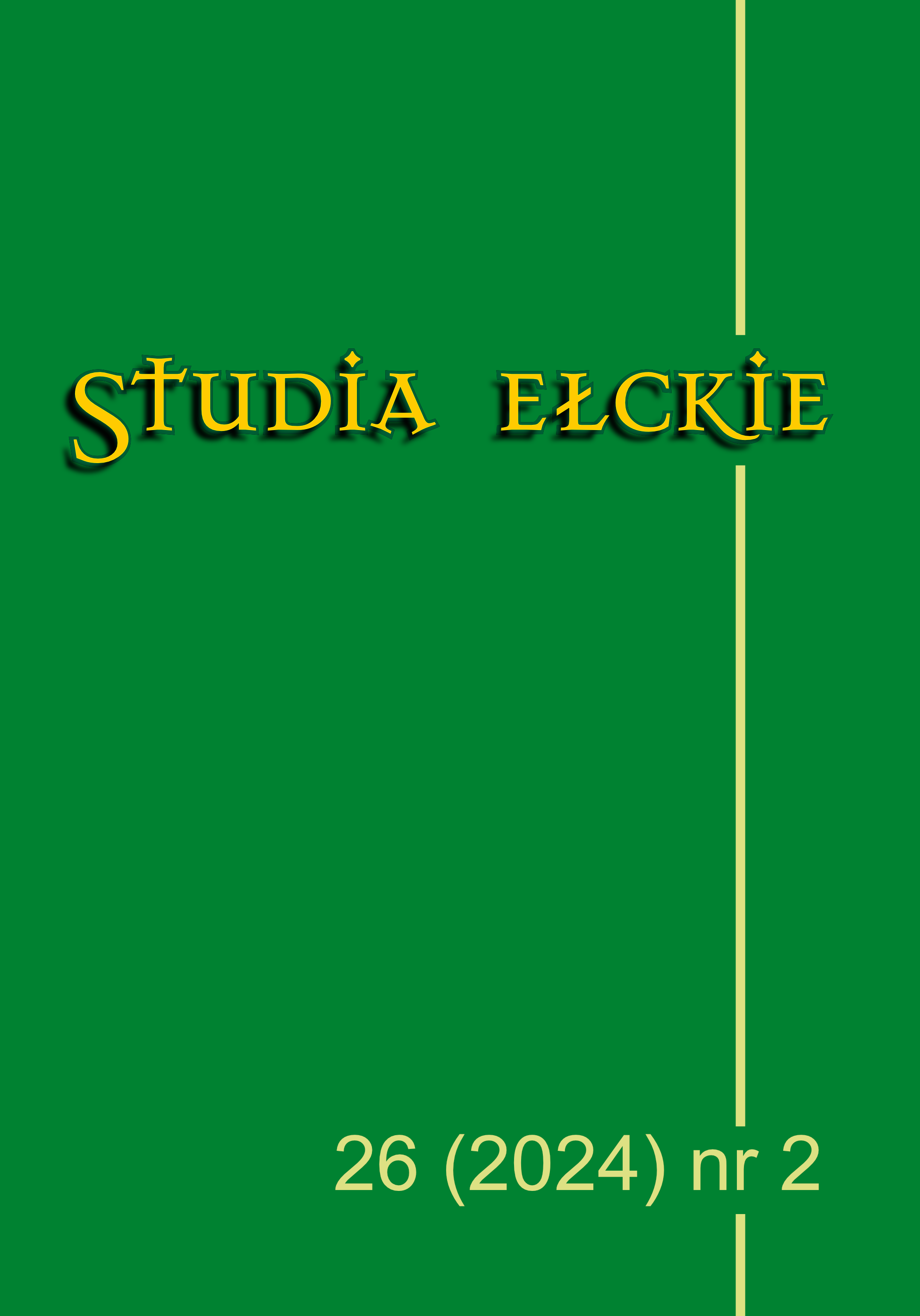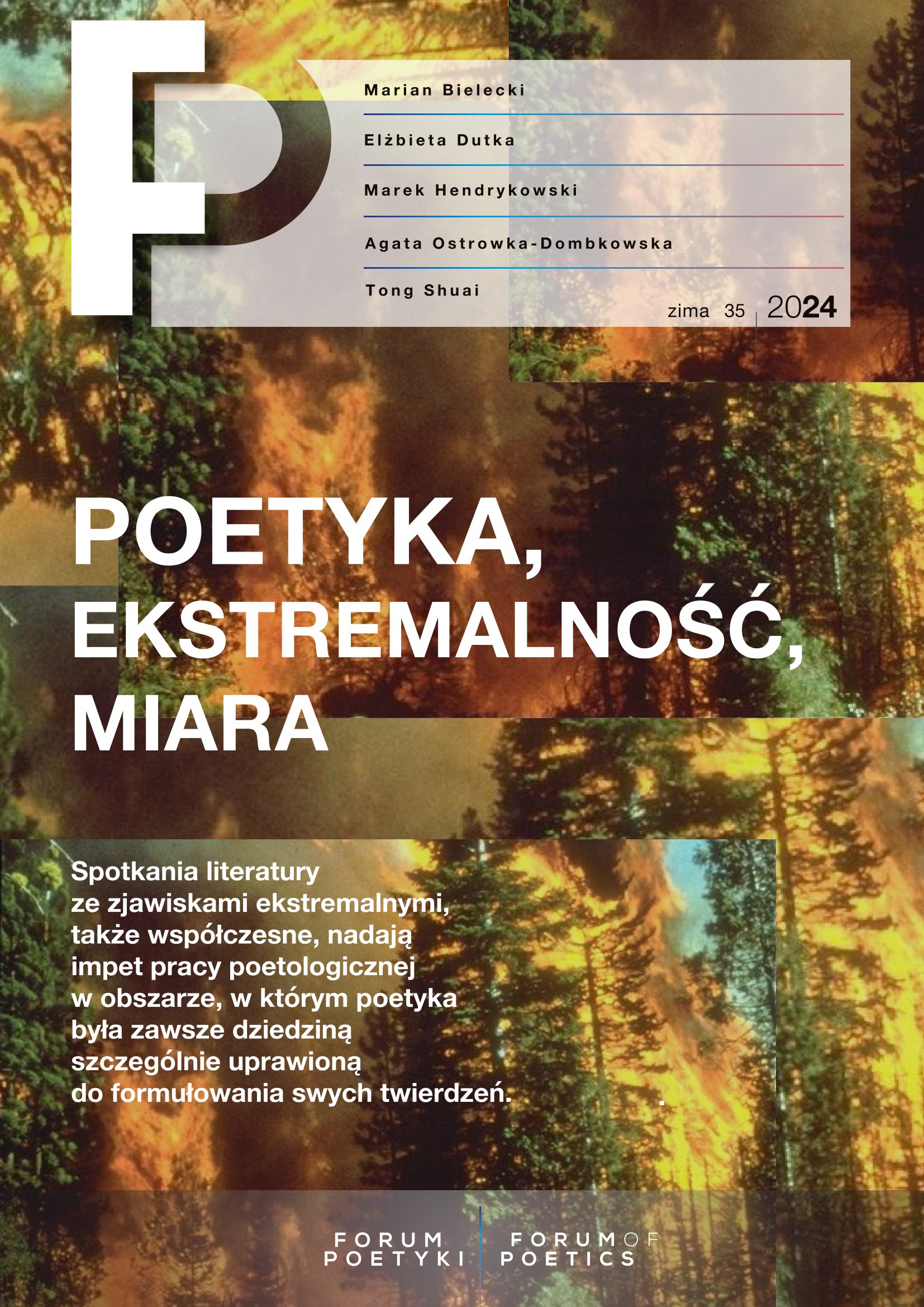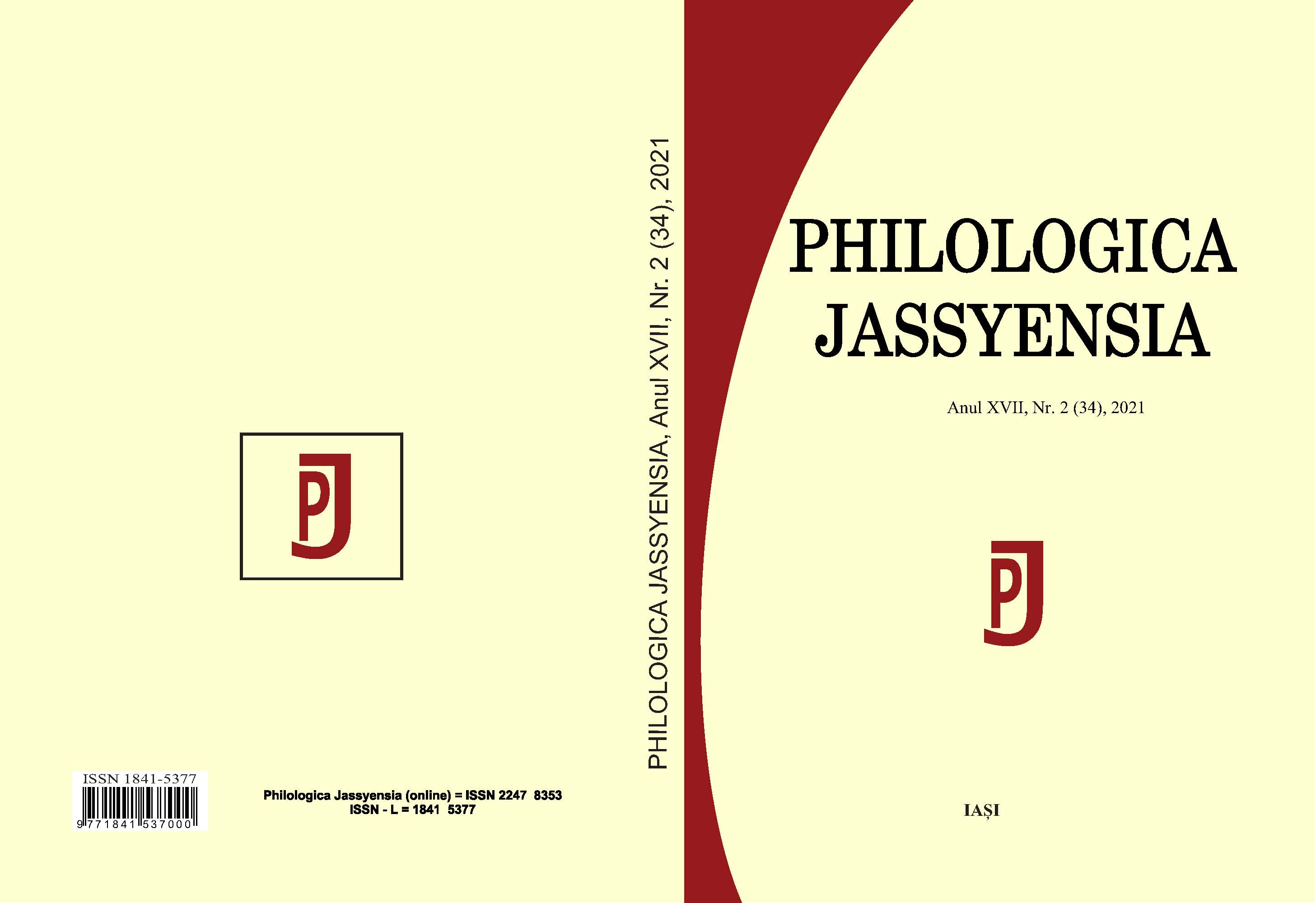
Lectura în cenaclul „Viața românească”. De la practică individuală la imaginar colectiv
Reading is a highly frequented practice in the literary cenacles. However, at “Viața românească” group the out loud reading seems to be an incidental phenomenon which doesn’t mean it is absent from the life of the community. Although the writers of the circle prefer the individual and intimate readings to the collective ones, the act of reading is present through a shared affection, and a shared imaginary. When enjoying a particular reading, the participants at the cenacle exhibit their opinions towards the literary text through emotions, acting as an affected community. Also, the reading is invested as a social competence due to the collective imaginary they share together: the writers of “Viața românească” behave in a similar manner, because they read the same books, and their lives are shaped by the same literature.The manner of reading at “Viața românească” cenacle is influenced by Ibrăileanuʼs thinking that depicts a relationship between reading and intimacy. In this respect, the article analyses one of the critic’s studies on the matter, The Misery of Literary Criticism, in which he dissociates between literary criticism, seen as a specialized and sterile manner of understanding literature, and reading, described as pleasure experienced with the book. The writers of “Viața românească” cenacle behave as readers who invest their emotions in the reception of literature, choosing for their reading moments only texts from their favourite writers. Another aspect of Ibrăileanuʼs thinking analysed here is the similarity between reading and femininity, explained as common secrecy. This idea has significant consequences on the perception of the women writers at “Viața românească” who are seen as mysterious beings, present only with their names or literary works, and never as physical occurrence.
More...
